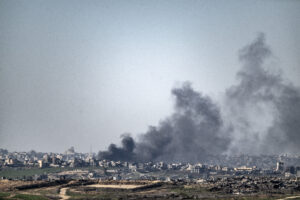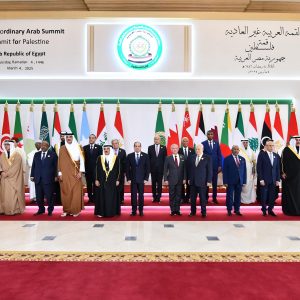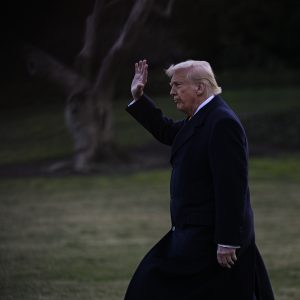Iran, Saudi Arabia resume tension-easing talks after 6-week pause
TEHRAN, Iran (AA) – A fifth round of tension-easing talks between Iran and Saudi Arabia has resumed in Baghdad after more than six weeks of pause, a news agency affiliated with Iran’s top security body said Saturday.
The marathon talks between the two estranged Middle East neighbors, underway since April last year, were “temporarily suspended” on March 13 by Iran, without giving any reason.
The suspension came days after Iraqi Foreign Minister Fuad Hussein told a diplomatic forum in Turkey’s Antalya that the fifth round of talks between Tehran and Riyadh will be hosted by Baghdad.
Nour News, which is close to Iran’s Supreme National Security Council (SNSC), said in a Twitter post Saturday that the talks between the high-level representatives of the two countries resumed in a “positive atmosphere” in the Iraqi capital.
It said the meeting has “raised hopes” for the two countries to “take a step” toward the restoration of diplomatic relations, which broke down in 2016 after Saudi diplomatic missions in Iran were stormed by angry protesters over the execution of a prominent Shia cleric in Saudi Arabia.
The news agency further said that a meeting between the foreign ministers of the two countries will be held in the “near future”, pointing to a likely breakthrough.
There was no confirmation from Iran or Saudi Arabia on the report.
While the two countries fell out in January 2016 over attacks on Saudi diplomatic missions in Tehran and Mashhad, the major sticking point in the ongoing talks has been the protracted war in Yemen.
Iran earlier this month welcomed a UN-brokered two-month truce between the warring sides in Yemen, hoping for a permanent end to the eight-year war.
The truce also opened the door for the resumption of talks between Saudi Arabia and Iran, who are pitted against each other in Yemen.
The two countries have also been at loggerheads over human rights issues. The unilateral suspension of talks by Tehran last month came hours before it issued a statement condemning Riyadh for executing 81 men, many of them members of the country’s Shia minority.
It was the largest mass execution in the country’s history, and the executed men were accused of crimes including murder, rape, arms smuggling, and ties to terrorist groups.
While no reason was cited for the suspension of the talks, observers said the executions could have been a trigger.
Before the fifth round of talks was suspended, there was talk about the two sides moving to reopen embassies.
Jalil Rahimi Jahanabadi, a member of the Iranian Parliament’s national security and foreign policy commission, said in January that preparations were afoot to open the embassies.
He also said that rapprochement between Tehran and Riyadh could help in “reducing regional tensions and increasing the cohesion of the Muslim world”.
His remarks came after Iranian Foreign Minister Hossein Amir-Abdollahian expressed Tehran’s “readiness” to continue talks with Riyadh, and said they have presented “a set of practical proposals” to Riyadh.










